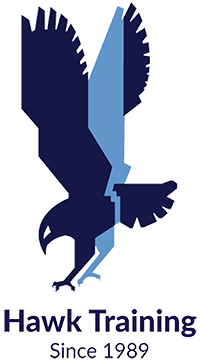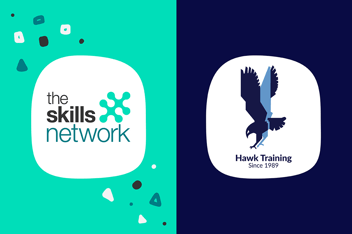Building Diverse Teams: A key to unlocking potential

In today’s rapidly evolving business landscape, the ability to assemble and lead diverse teams is not just an asset; it's a necessity. At Hawk Training, we recognise the critical role that apprenticeships and professional development programmes play in cultivating these skills. We've seen first-hand the transformative impact that diversity can have on team dynamics, innovation, and overall performance. Diversity isn’t just about external characteristics; it's fundamentally about bringing together a multitude of perspectives, experiences, and skills.
The power of diversity in thought
One of the most critical aspects of building a diverse team is fostering diversity in thinking. This means going beyond the traditional parameters of diversity to include varied ways of solving problems, approaching challenges, and generating ideas. It's about creating a team where every member feels empowered to contribute their unique insights and where these differing viewpoints are seen as a collective strength.
Key strategies for building and leading diverse teams
1. Foster a culture of openness and respect: Create an environment where team members feel safe to express their ideas and opinions. This involves actively encouraging open dialogue, showing appreciation for different viewpoints, and ensuring that all voices are heard and respected.
2. Develop cross-cultural competence: In today’s global business environment, understanding and respecting cultural differences is crucial. Providing training and resources to develop cross-cultural competence can greatly enhance team collaboration and effectiveness.
3. Encourage diverse problem-solving approaches: Embrace various methods of problem-solving within the team. Encourage brainstorming sessions, workshops, or innovation labs where team members can contribute diverse perspectives and approaches to tackling challenges.
4. Implement mentoring and coaching programmes: Pair team members from different backgrounds or departments in mentoring relationships. This not only facilitates knowledge transfer but also fosters understanding and appreciation of diverse perspectives and skill sets.
5. Create diverse project teams: Actively mix team members from different areas of expertise, backgrounds, and experiences for specific projects. This not only brings diverse perspectives to the table but also encourages team members to learn from each other.
Managing the challenges of diversity
Diverse teams can undoubtedly bring more complex dynamics. Differences in opinion and approach can sometimes lead to conflict. However, these challenges can be mitigated through effective leadership, clear communication, and a strong focus on team building. Training in areas such as conflict resolution, communication skills, and inclusive leadership is crucial in navigating these complexities.
Building and leading diverse teams is a dynamic and ongoing process. It requires a commitment to creating an inclusive culture, developing skills, and actively fostering diversity in thought and practice. At Hawk Training, we are dedicated to supporting this journey through our apprenticeships and professional development programmes. By embracing these strategies, we can unlock the full potential of our teams and drive innovation, creativity, and excellence in our various fields.



